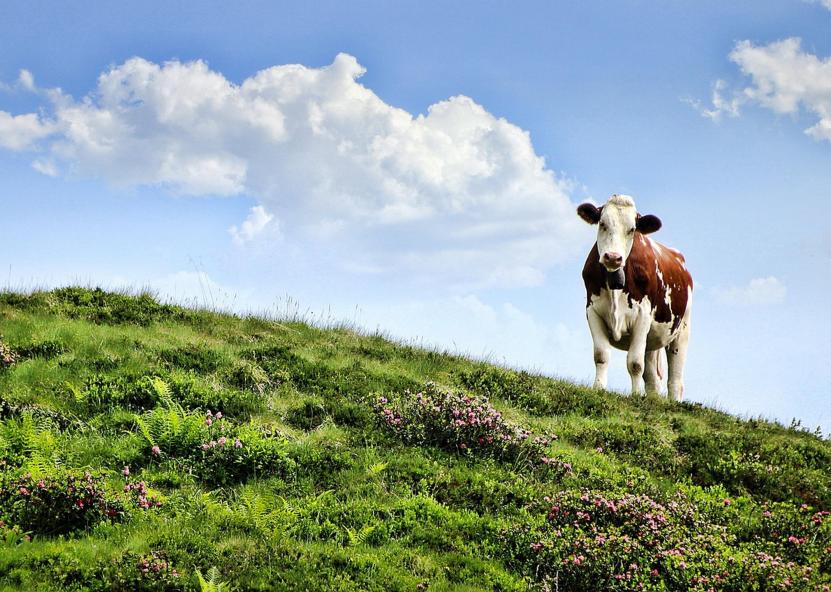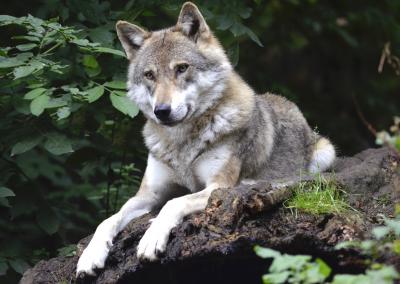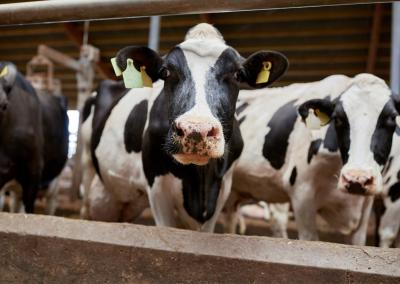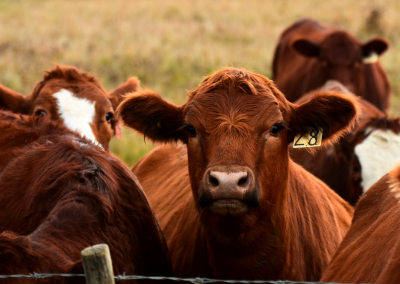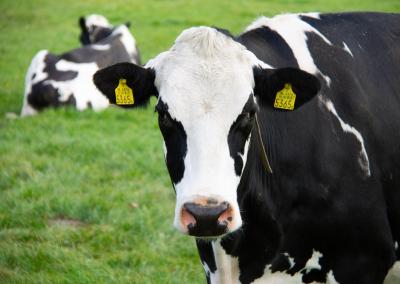How to protect livestock from infectious diseases?
With warmer weather, more intensive farm work and more people moving outdoors, the animal infectious disease situation in both the world and Lithuania remains tense.
The State Food and Veterinary Office (SVVT) informs that over 26,000 animals (mainly cattle) have died and been destroyed in foot-and-mouth disease (FMD) outbreaks in Central Europe this year.
Important: when the disease enters your farm, it is YOU who will be the first to suffer. Once the disease has entered your farm, trade will be stopped and animals may be killed in the outbreak. Therefore, do not wait for diseases to cross the Lithuanian border. You can protect your farm today by complying with biosecurity requirements.
What you need to do now:
• If possible, keep newly introduced animals separate for at least 21 days and monitor their health status.
• Do not feed food waste containing meat or which may have come into contact with meat to livestock.
• Store food waste, including kitchen waste, in such a way that pests, birds or other animals do not carry it into the livestock housing areas.
• Use tap or well water for watering livestock, if possible.
• Do not allow unauthorised persons in the housing area.
• When working on the farm, use clothing specifically designed for the farm and ensure that visitors to the farm use protective clothing and footwear.
• Do not share equipment (trailers, slurry wagons, tools, etc.) with other farms, or disinfect them after use.
• If you have travelled to an FMD infected region (e.g. Slovakia, Hungary, African countries, Turkey, Central Asian countries, India) and have visited a farm animal holding, you should avoid entering the farm animal holding for 14 days after your arrival in Lithuania.



































































































